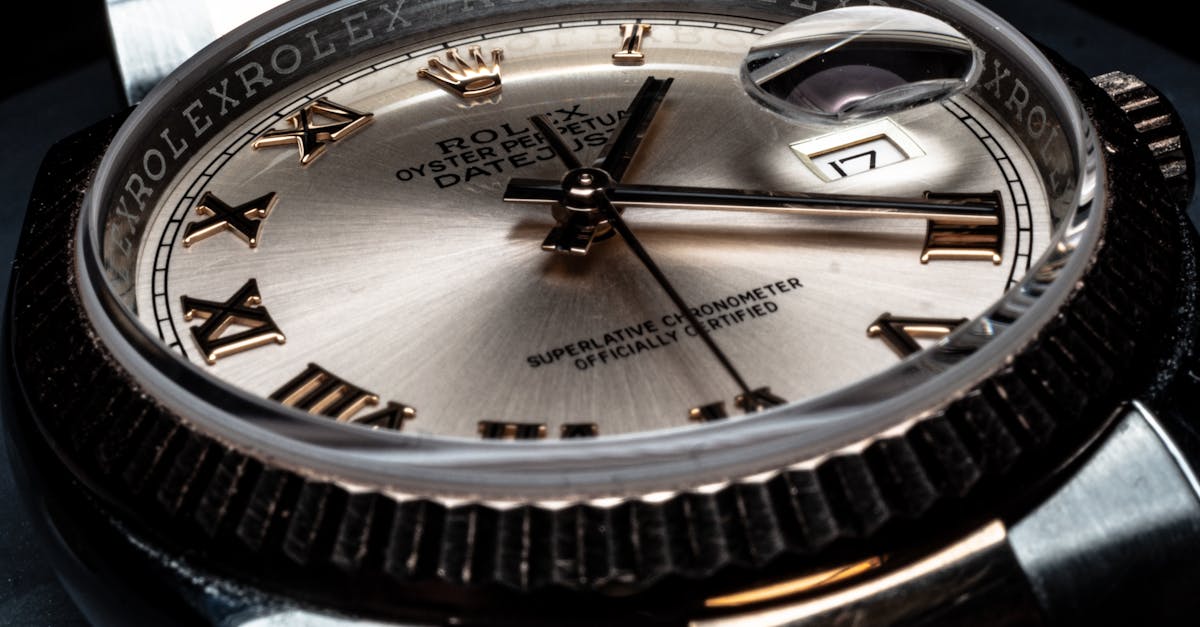“`html
The Unwavering Pursuit of Precision: Unveiling the Secrets of Chronometers
In the intricate world of horology, the pursuit of precision in chronometers stands as a testament to human ingenuity and craftsmanship. A chronometer is more than just a timekeeping device; it is a finely crafted and highly tuned mechanical watch that exhibits the highest degree of accuracy possible. Through stringent testing processes, these instruments have been certified to meet rigorous standards, ensuring their reliability and performance.
Chronometers: A Comprehensive Guide to the Pursuit of Precision
Historically, chronometers were pivotal during the 19th and early 20th centuries for precise timekeeping in railway systems and military purposes. This led to the establishment of observatory trials and competitions that pushed the limits of accuracy and innovation.
Certification Standards
The Swiss Official Chronometer Testing Institute (COSC) tests movements in five positions and at three temperatures, ensuring daily accuracy within -4 to +6 seconds per day. Meanwhile, METAS certification includes all COSC tests plus stringent criteria for anti-magnetism, testing up to 15,000 gauss.

Unveiling the Essence of Chronometers: A Quest for Precision
At their core, chronometers are a quest for precision. The intricate balance of gears, precisely meshed and polished; jewels of high quality; and metals compensated for temperature fluctuations and magnetism are all essential components in achieving perfect regularity or isochronism.
Manufacturing Requirements
- Gears must be perfectly meshed and polished.
- Pivots require precise tolerances.
- Hairspring must ensure isochronism.
Navigating Time’s Uncharted Waters: Chronometers and the Age of Exploration
Chronometers revolutionized navigation by allowing sailors to determine their longitude accurately. Prior reliance on celestial navigation was transformed with this invention.
Challenges in Chronometry
Bumps and shocks can impact accuracy due to mechanical stress. Discover how modern innovations address these challenges.
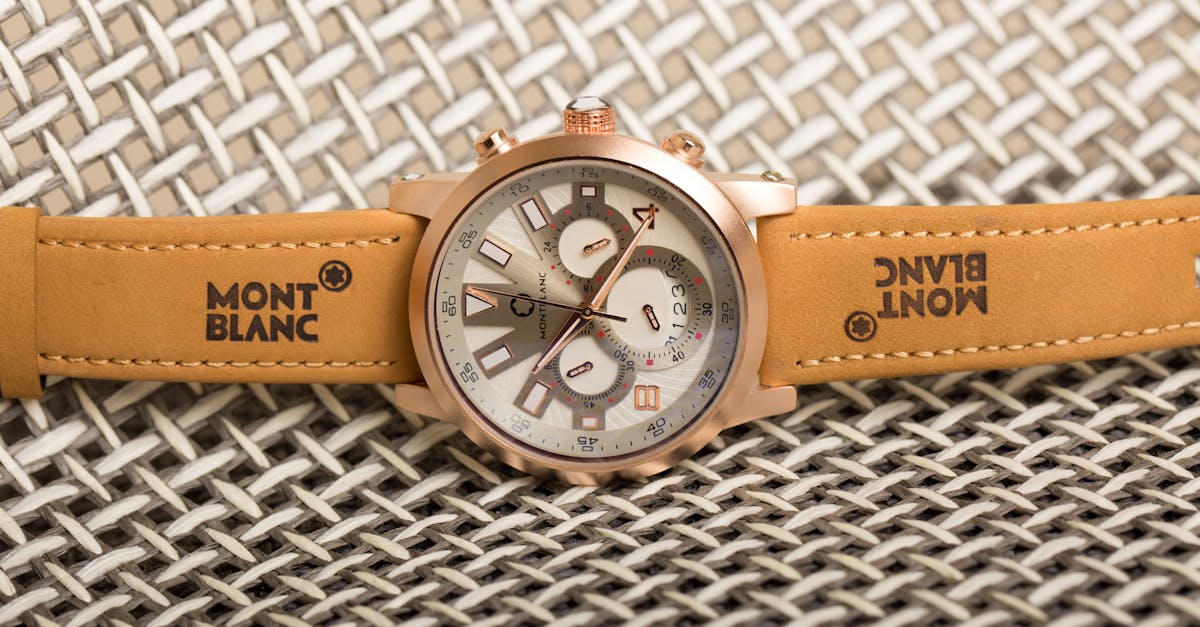
Celestial Mechanics and the Chronometer’s Astronomical Role
In astronomy, chronometers allow astronomers to study celestial bodies with precision. They measure stellar parallax and help understand the universe’s vastness.
Innovations in Chronometry
Recent advancements utilize silicone and new lubricants to reduce friction, while innovative constructions improve gear and balance wheel isochronism.
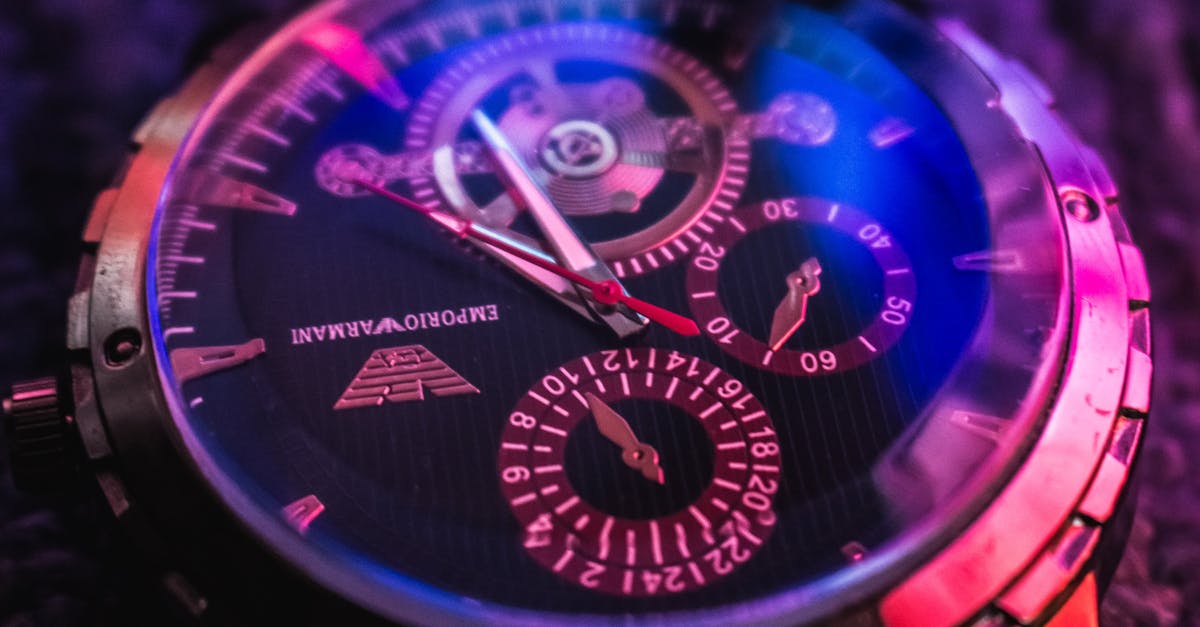
Modern Marvels: Unlocking Precision with Contemporary Chronometer Technologies
The development of atomic clocks represents one of the most significant advancements in chronometer technology. These clocks provide unprecedented accuracy.
Watchmaker’s Approach
Through deep research and development, watchmakers address challenges like temperature variations and magnetism.
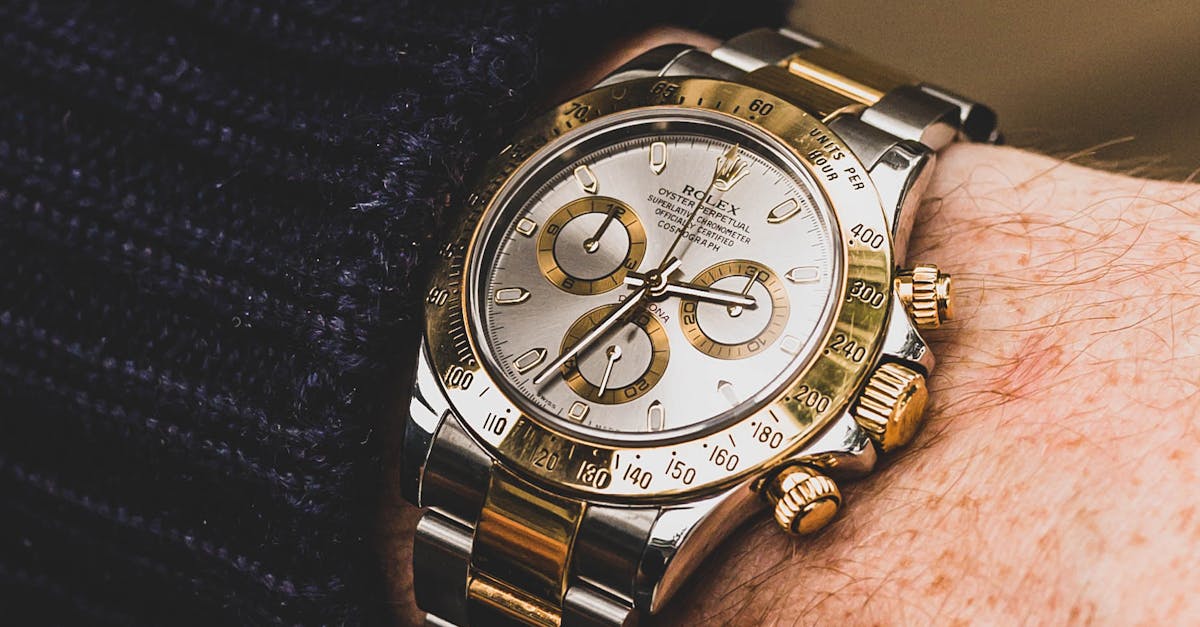
Chronometers and the Pursuit of Perfection: Applications in Science and Industry
From synchronizing traffic signals to controlling production line timings, chronometers play a critical role in various industrial applications.
Complications Management
Managing energy transfer between timekeeping functions and complications ensures minimal effects on isochronism.
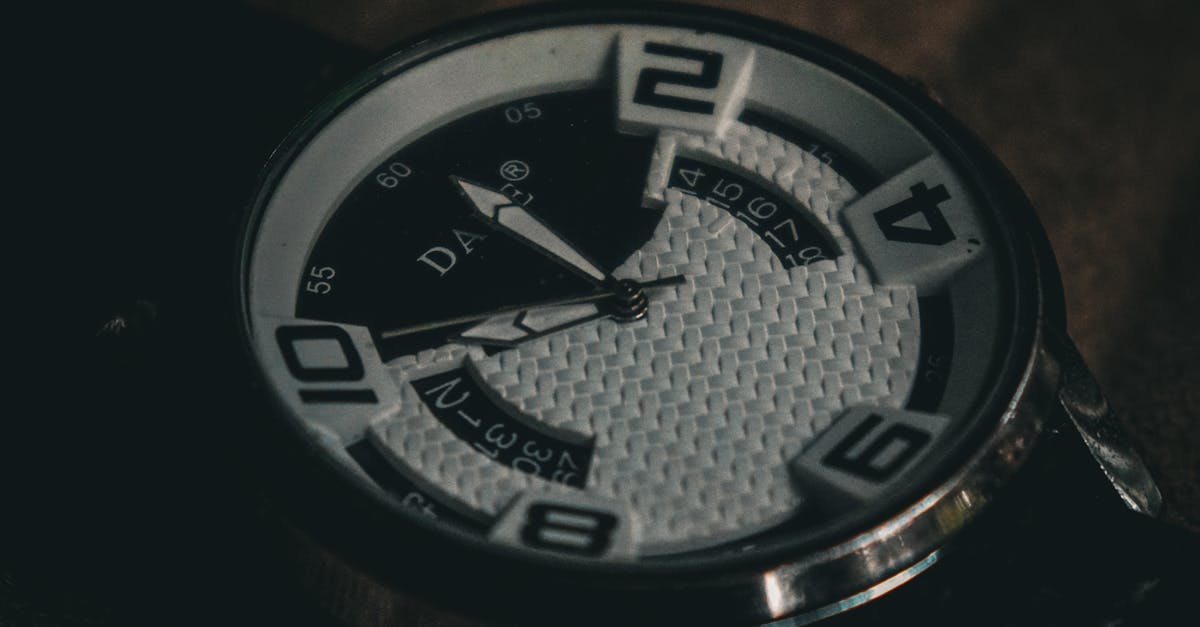
The Enduring Legacy of Chronometers: A Timeless Tribute to Precision
The legacy of chronometers is a tribute to those who have dedicated their lives to advancing the field of precision timekeeping. Their efforts continue to shape our understanding and interaction with time today.
For more insights, explore this comprehensive guide.
“`
